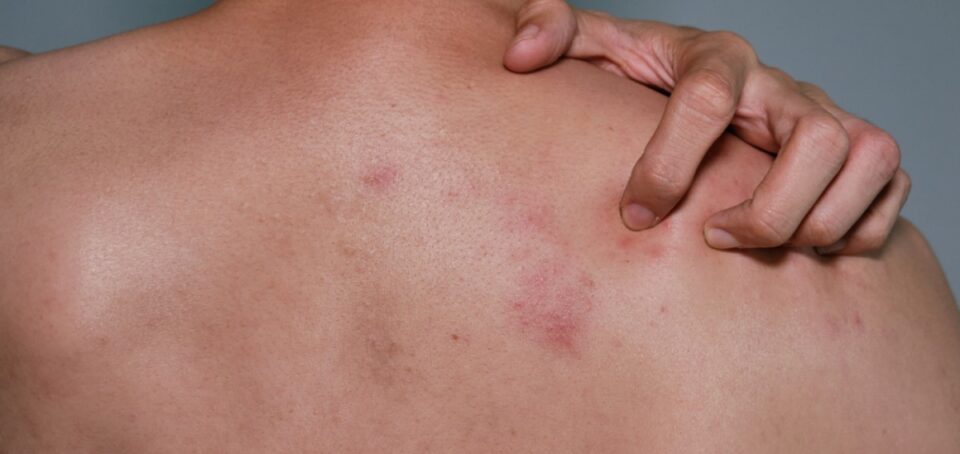Shingles, medically known as herpes zoster, is a viral infection that causes a painful rash. This condition can affect anyone who has had chickenpox, as it is caused by the reactivation of the varicella-zoster virus, which remains dormant in the body. Understanding shingles and the importance of shingles vaccination is crucial for preventing this debilitating disease and its complications.
What is Shingles?
Causes and Risk Factors
Shingles occurs when the varicella-zoster virus, which causes chickenpox, reactivates years later. This reactivation is often triggered by a weakened immune system, which can result from aging, stress, illness, or certain medications. Therefore, older adults and individuals with compromised immune systems are at a higher risk.
Symptoms and Complications
The primary symptom of shingles is a painful rash that usually appears on one side of the body or face. The rash often starts as red patches and evolves into fluid-filled blisters that scab over in about 7 to 10 days. Other symptoms can include fever, headache, chills, and an upset stomach.
One of the most severe complications of shingles is postherpetic neuralgia (PHN), a condition where the pain from shingles persists long after the rash has healed. PHN can be extremely debilitating and affect the quality of life. Other complications can include vision loss (if shingles affect the eye), neurological problems, and skin infections.
The Shingles Vaccination
Importance of Vaccination
Shingles vaccination is a critical preventive measure to protect against the development of shingles and its complications. The vaccine significantly reduces the risk of developing shingles and the severity and duration of the disease if it does occur.
Types of Shingles Vaccines
There are two vaccines available for shingles: Zostavax and Shingrix.
Zostavax
Zostavax is a live attenuated vaccine that has been used for many years. It is administered as a single injection and has been shown to reduce the risk of shingles by about 51% and the risk of PHN by 67%.
Shingrix
Shingrix, a more recent vaccine, is a recombinant, adjuvanted vaccine. It is given in two doses, two to six months apart. Shingrix is more effective than Zostavax, reducing the risk of shingles by over 90% and the risk of PHN by about 90%. Due to its higher efficacy, Shingrix is now the preferred vaccine for preventing shingles.
Who Should Get the Shingles Vaccination?
Recommendations
The Centers for Disease Control and Prevention (CDC) recommends that healthy adults aged 50 and older get the shingles vaccination. Even individuals who have had shingles before should get vaccinated to prevent future occurrences, as the disease can reoccur. People with chronic medical conditions can also get vaccinated but should consult their healthcare provider for specific recommendations.
Special Considerations
Individuals with weakened immune systems due to conditions such as HIV/AIDS, cancer treatments, or immunosuppressive medications should discuss shingles vaccination with their healthcare provider. While Shingrix is not a live vaccine and is generally safe for immunocompromised individuals, medical advice is essential to ensure safety and efficacy.
Benefits of Shingles Vaccination
Reducing the Incidence of Shingles
By getting vaccinated, individuals can significantly reduce their risk of developing shingles. This is particularly important for older adults who are at greater risk of severe complications from the disease. Shingrix has shown to be highly effective in preventing shingles and offers prolonged protection.
Preventing Complications
Vaccination not only lowers the risk of shingles but also reduces the severity and duration of the disease if it occurs. This means a lower likelihood of complications like PHN, which can cause chronic pain and significantly impact daily activities and quality of life.
Enhancing Public Health
Widespread shingles vaccination contributes to overall public health by decreasing the incidence and spread of the virus. It also reduces healthcare costs associated with treating shingles and its complications. Vaccination programs can help alleviate the burden on healthcare systems, especially important in aging populations.
Conclusion
Understanding shingles and the importance of vaccination is essential for preventing this painful and potentially debilitating disease. Shingles vaccination, particularly with the highly effective Shingrix vaccine, offers substantial protection against shingles and its complications.
By adhering to vaccination recommendations, individuals, especially those aged 50 and older, can significantly reduce their risk of developing shingles and improve their overall health and well-being.
The benefits of shingles vaccination extend beyond individual protection, contributing to the broader goal of public health and reducing the healthcare burden associated with this disease.

